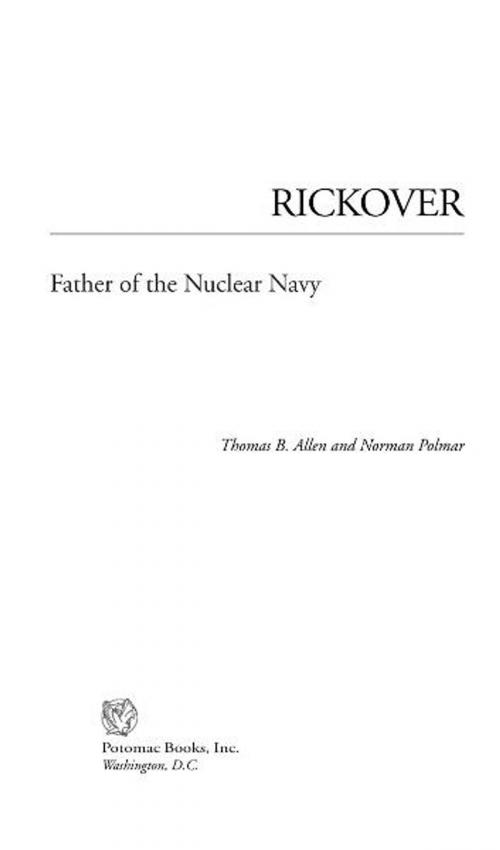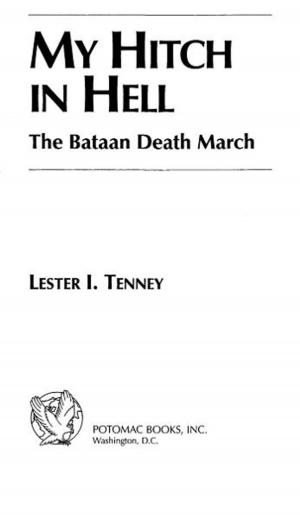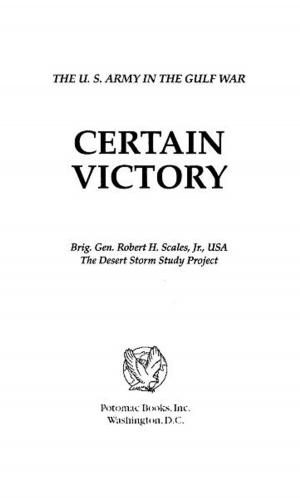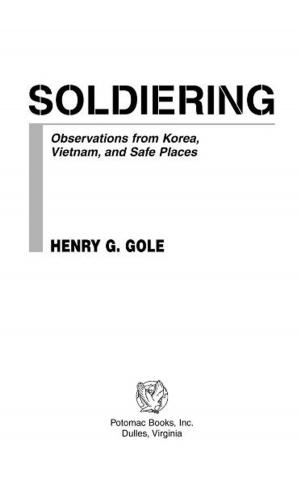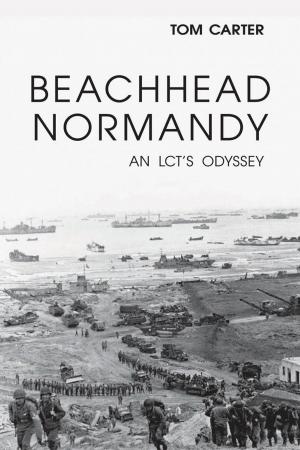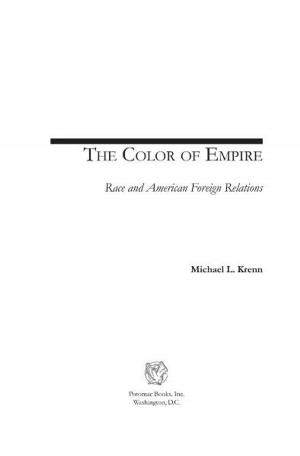| Author: | Thomas B. Allen; Norman Polmar | ISBN: | 9781612340692 |
| Publisher: | Potomac Books Inc. | Publication: | May 30, 2007 |
| Imprint: | Potomac Books Inc. | Language: | English |
| Author: | Thomas B. Allen; Norman Polmar |
| ISBN: | 9781612340692 |
| Publisher: | Potomac Books Inc. |
| Publication: | May 30, 2007 |
| Imprint: | Potomac Books Inc. |
| Language: | English |
Hyman G. Rickover was not long removed from his Jewish roots in Poland when he graduated from the U.S. Naval Academy in 1922. After a respectable career spent mostly in unglamorous submarine and engineering billets, he took command of the U.S. NavyÆs nuclear propulsion program and revived his career, being retiredùinvoluntarilyùsome thirty years later in early 1982. He was not only the architect of the nuclear Navy but also its builder. In the process, he erected a network of power and influence that rivaled those who were elected to high office, and that protected him from them when his controversial methods became objectionable or, as critics would suggest, undermined the nationÆs vital interests. Authors Thomas B. Allen and Norman Polmar, whose full-length biography of Rickover (in manuscript in 1981) was consulted by the Reagan Administration during the decision to remove him from active duty, are eminently qualified to write an essential treatment on the controversial genius of Admiral Rickover.
Hyman G. Rickover was not long removed from his Jewish roots in Poland when he graduated from the U.S. Naval Academy in 1922. After a respectable career spent mostly in unglamorous submarine and engineering billets, he took command of the U.S. NavyÆs nuclear propulsion program and revived his career, being retiredùinvoluntarilyùsome thirty years later in early 1982. He was not only the architect of the nuclear Navy but also its builder. In the process, he erected a network of power and influence that rivaled those who were elected to high office, and that protected him from them when his controversial methods became objectionable or, as critics would suggest, undermined the nationÆs vital interests. Authors Thomas B. Allen and Norman Polmar, whose full-length biography of Rickover (in manuscript in 1981) was consulted by the Reagan Administration during the decision to remove him from active duty, are eminently qualified to write an essential treatment on the controversial genius of Admiral Rickover.
